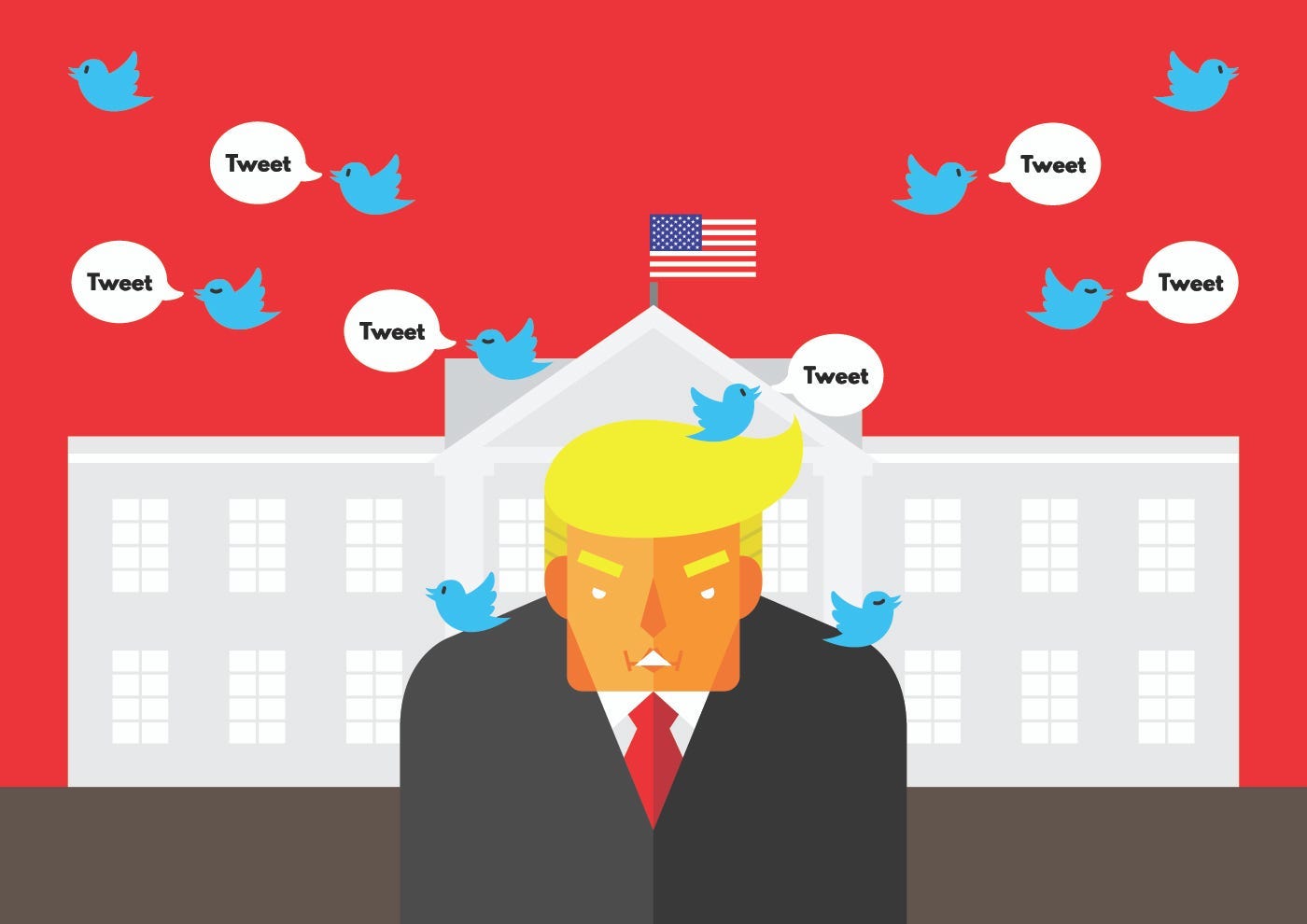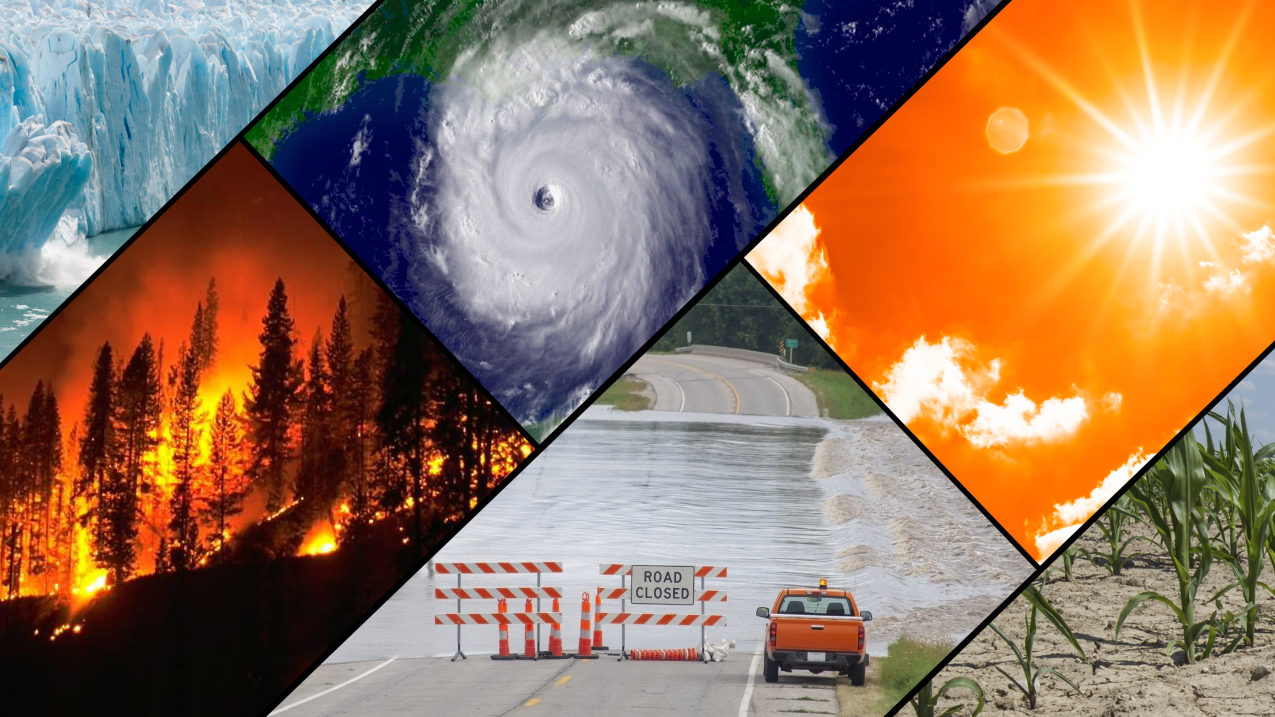In the digital age, social media has become essential for political campaigns, revolutionizing how politicians communicate with voters, shape narratives, and mobilize supporters. Platforms like Facebook, Twitter, Instagram, and TikTok have become integral to modern campaigning, influencing public opinion, political discourse, and voter behavior profoundly. However, the power of social media in politics is a double-edged sword, offering both opportunities and challenges for candidates and voters alike.
Social Media as a Campaign Tool
Social media allows politicians to bypass traditional media channels and connect directly with voters. In the past, political campaigns relied heavily on TV advertisements, print media, and direct mail to communicate their messages. Today, social media provides a platform for politicians to share their policies, engage in real-time discussions, and even participate in viral trends, creating more immediate and personalized communication.
One of the primary advantages of social media is its ability to reach a broad and diverse audience. Campaigns can target specific demographic groups, tailoring messages to resonate with various population segments. Using sophisticated data analytics, political teams can identify potential supporters, measure sentiment, and adapt their messaging to be more effective. In the 2016 U.S. presidential election, for example, Hillary Clinton and Donald Trump used social media extensively to mobilize their bases, with Trump famously leveraging Twitter to communicate directly with voters and bypass mainstream media scrutiny.
Mobilizing Voters and Building Support
Social media is crucial in voter mobilization, especially among younger and more tech-savvy demographics. Campaigns use these platforms to organize events, raise funds, and encourage voter participation. Hashtags, viral posts, and online petitions are just a few of the tools campaigns use to rally supporters and create a sense of community among like-minded individuals.
The 2008 U.S. presidential campaign of Barack Obama is often credited with setting a new precedent for social media’s role in politics. Obama’s team utilized platforms like Facebook and Twitter to foster grassroots support, engage voters, and encourage political participation. His success in reaching younger voters and turning them out at the polls demonstrated the power of social media to shape electoral outcomes.
In addition to mobilization, social media enables campaigns to build brand loyalty and personal connections with voters. Politicians can humanize themselves and build a more intimate relationship with their base by sharing behind-the-scenes content, live-streaming events, or interacting with supporters through comments and replies. This emotional connection can translate into increased voter enthusiasm and turnout.
The Dark Side of Social Media in Politics
While social media has transformed political campaigns in many positive ways, it also presents significant risks and challenges. One of the most concerning aspects is the spread of misinformation. Fake news, conspiracy theories, and misleading content can spread quickly on social media platforms, influencing public opinion and distorting political discourse. The 2016 U.S. election, for instance, saw widespread allegations of foreign interference, including the use of social media to disseminate false information and sow division among voters.
Another issue is the rise of echo chambers, where individuals are exposed only to information confirming their beliefs. Social media algorithms often prioritize content that generates engagement, meaning that divisive, sensational, or extreme posts are more likely to be seen and shared. This can further polarize the electorate and undermine constructive dialogue.
Furthermore, targeting political ads based on personal data raises significant privacy concerns. Data collection and analysis allow campaigns to micro-target voters with tailored messages, which can also be exploited to manipulate opinions or suppress certain groups from voting.
The Impact on Political Discourse
Social media has fundamentally changed political discourse by encouraging more direct, unfiltered communication between politicians and voters. However, this shift has led to a more polarized and combative environment. Politicians often use social media to attack opponents, stoke outrage, and frame political issues in stark, binary terms. This has contributed to a decline in civil discourse and the erosion of trust in democratic institutions.
At the same time, social media has democratized political engagement, allowing ordinary citizens to voice their opinions and participate in political discussions on a larger scale. Activist movements, like #MeToo and Black Lives Matter, have gained traction through social media, highlighting the platform’s power to mobilize social change.
Conclusion
The role of social media in shaping political campaigns is undeniable, offering both opportunities and challenges for politicians, voters, and the democratic process as a whole. While it allows campaigns to reach voters more effectively, mobilize support, and build connections, it also poses risks related to misinformation, polarization, and privacy concerns. As social media continues to evolve, its influence on political campaigns will only grow, making it crucial for political leaders and voters to be aware of its impact on the political landscape.




